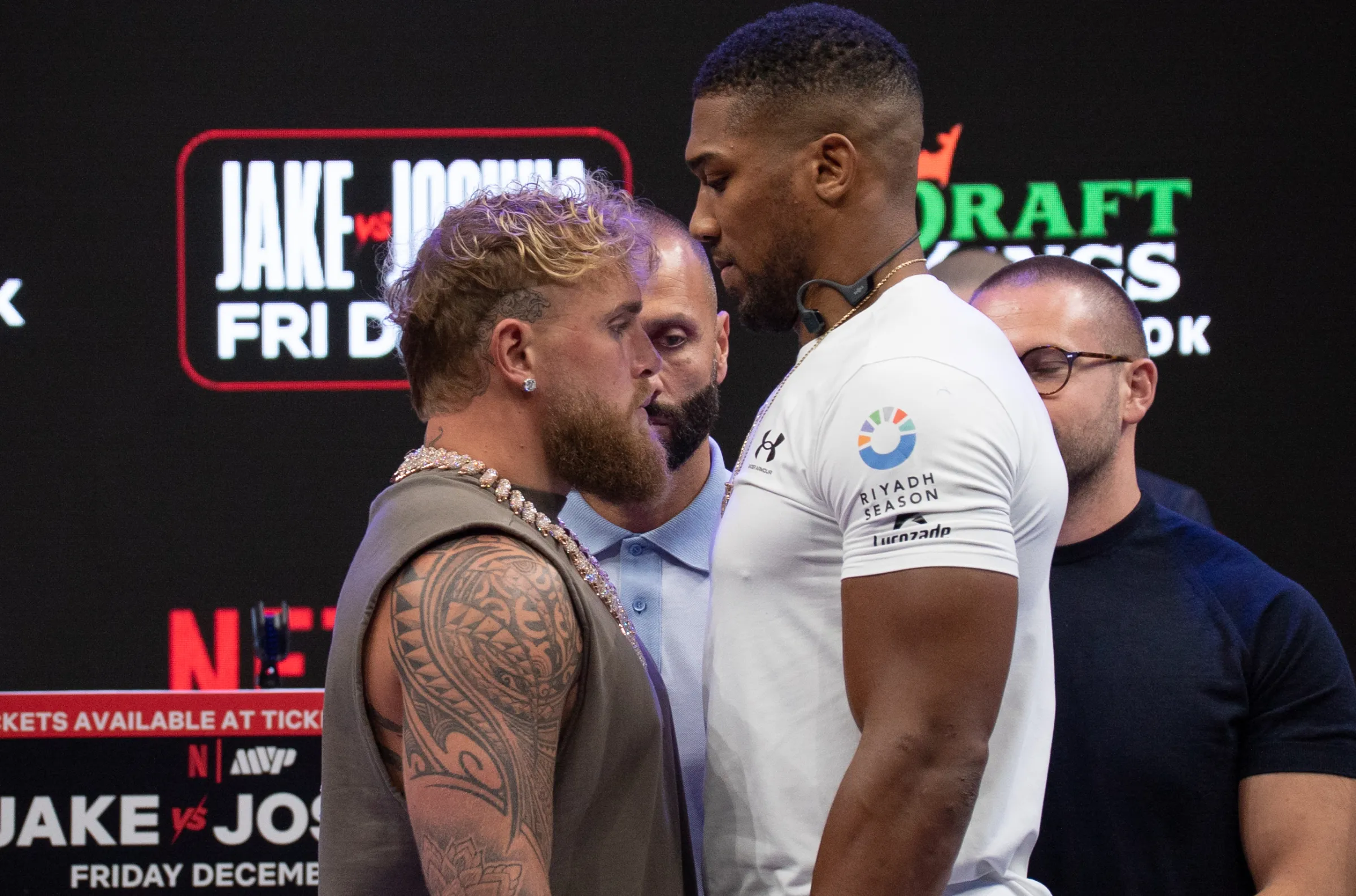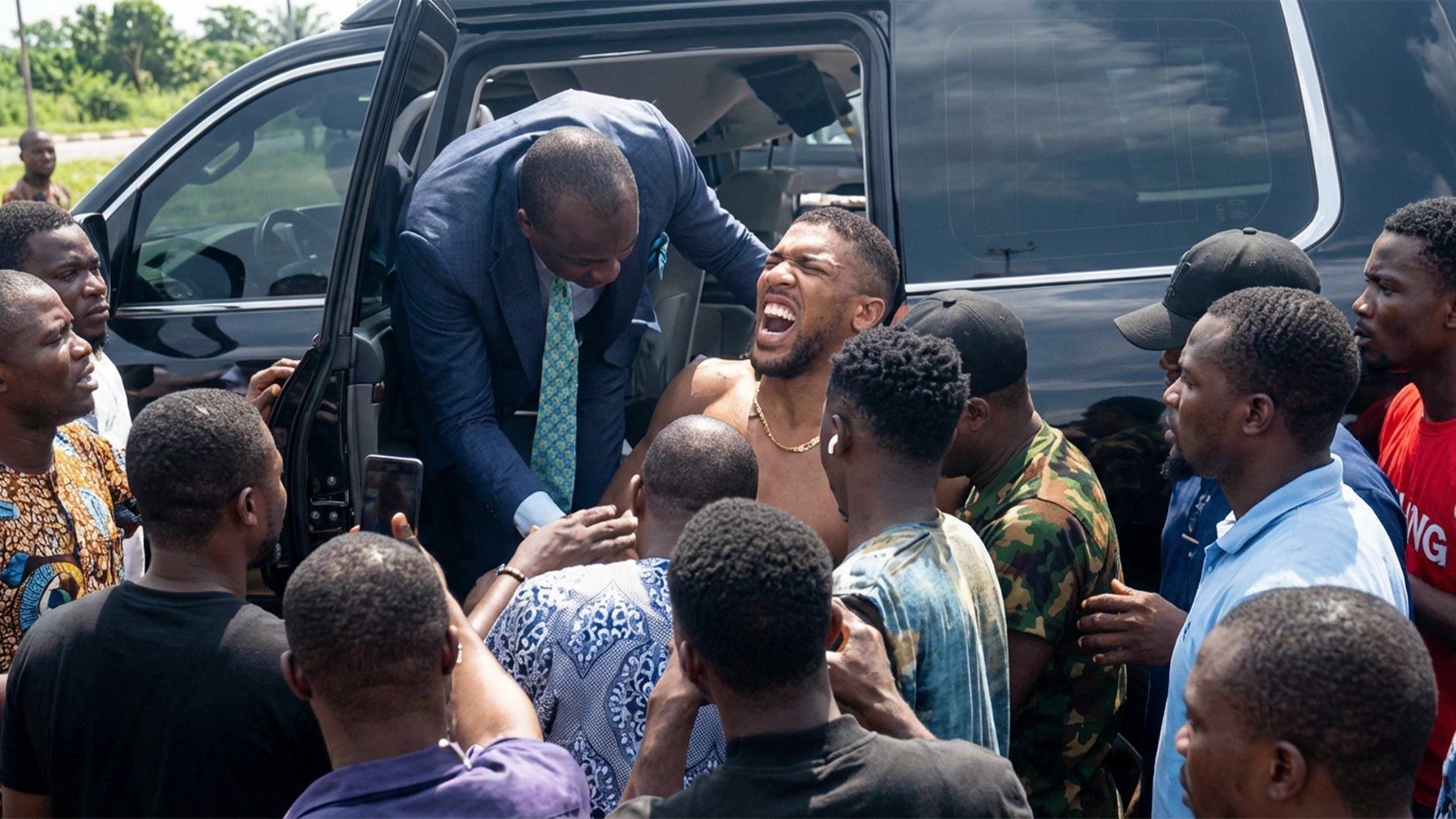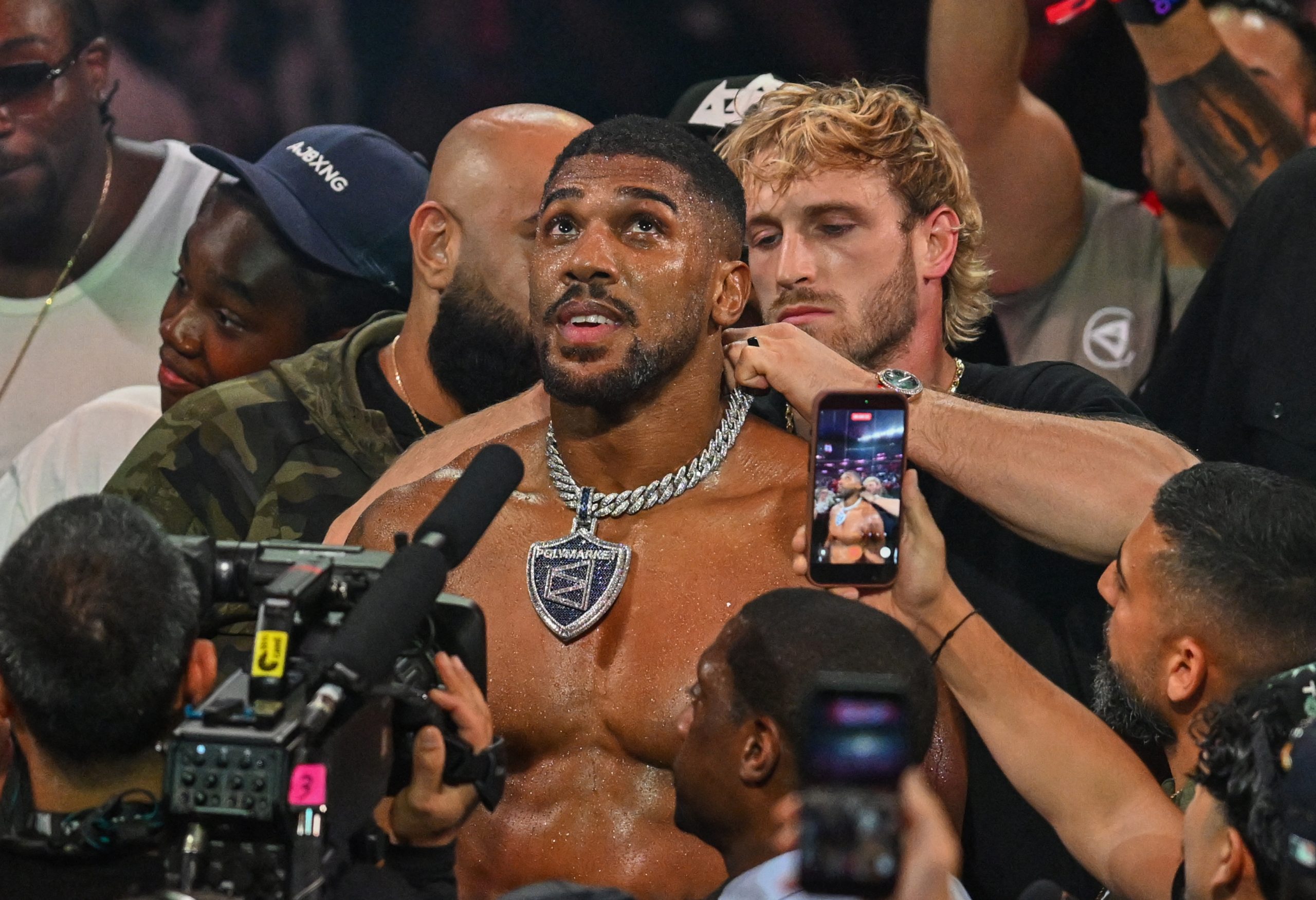Last December, I took my family to watch our first live boxing fights together on Boxing Day at the well-appointed Landmark Centre, Victoria Island. My wife had never cared for the sport but by the end of the night, she had become a big fan of Olaide ‘Fijaborn’ Fijabi and the other pugilists who won their fights during that event. I was a happy man because the VIP tickets that I bought had achieved the entertainment value that I wanted for the family. I had also gotten new converts to the ‘sweet science’ as well as supporting the burgeoning Nigerian boxing scene.
The GOtv Boxing Nights have begun a resurgence of the local boxing economy with the staging of professional fights quarterly that have led to the emergence of other events like the Last Man Standing, Naija Boxing Rumble and this weekend’s ‘Chaos in Lagos’ staged by Kwese Sports. Many boxers who spent their prime in the amateur ranks have found an opportunity to earn a decent living as professionals with one boxer taking home between 1.5m and 2.5m Naira as bonuses. As they have begun to get paid fairly decent wages to fight, the audiences are treated to improved fight cards. One of the early fights that I saw at the Indoor Hall of the National Stadium in Surulere even featured kids, perhaps due to a lack of interest from the older boxers. However, that has now changed with decent professionals coming through at every event and title fights being a regular staple leading to the boxers becoming recognisable names.
Like many things, the Nigerian boxing scene dipped in the years of military rule as professional fight events ceased to exist. In the past, boxers were a staple in local papers according to a recent report by the AFP. Nigeria had produced world champions in Hogan Bassey and Dick Tiger in the ‘50s and ‘60s. David Izonritei won Nigeria’s last boxing silver medal at the Olympic Games in 1992. But the local scene has been unable to create opportunities for boxers to thrive professionally. The fortunate ones move to the United States or the United Kingdom to find good payday and ranking points for their shot at world titles. The less fortunate remain amateurs until they expire. From Samuel Peters to as recently as Efe Ajagba who fought at the Olympic Games in Rio de Janeiro and is now a budding star under the Mayweather Promotions, Nigerian boxers have always looked abroad for salvation.
But the GOtv Fight Nights that started as a brand-building idea has become a forerunner for the boxing scene. There’s no doubt that television is important for the growth and popularity of sports. With the decline of the national broadcaster, the NTA in the ‘90s, much of domestic sport has faced dire conditions. Private broadcasters like the AIT tried to resuscitate interest in boxing with one-off fights like the Bash Ali shindigs of yore but there was no consistency to ensure that the sport took root.
The investments by GOtv and new entrants Kwese TV are helping to shine a light on the sport that is widely followed across the world. The global success of a kin like Anthony Joshua makes us see the potential in the sport once more. Packed stadia, massive brand support, pay-per-view TV, product endorsements, etc. Can Nigeria build domestic boxing superstars? Boxers that are nurtured from here that would bring world title fights to the main-bowl of the Teslim Balogun Stadium?
No doubt, this is a multi-million dollar industry but we have yet to scratch the surface of it. Speaking at the launch of the Naija Boxing Rumble, a boxing reality show a few weeks ago, Dr Rafiu Ladipo, the president of the Nigeria Boxing Board of Control (NBBofC) called for more promoters to come into the sport to help it grow. Jenkins Alumona, MD of Flykite Promotions, the company behind the GOtv Fight Nights, said his dream is to produce a Nigerian world champion soon. “Gate fees are never enough, we need more brands to come on board, that’s the only way we can sustain the growth of the domestic boxing scene,” he said.
This weekend, Tony Salam goes into a grudge rematch against Zimbabwe’s Sting Gonorenda at the Federal Palace Hotel for the WBF African Cruiserweight title. It is the kind of fights that the domestic scene requires to draw crowds to ensure increased visibility for the sport. Hopefully, we’ll see a major world title fight involving Fijabi in the next few years, I am sure my family would be eager to return to ringside for that one. We’ll be cheering for him all through.






